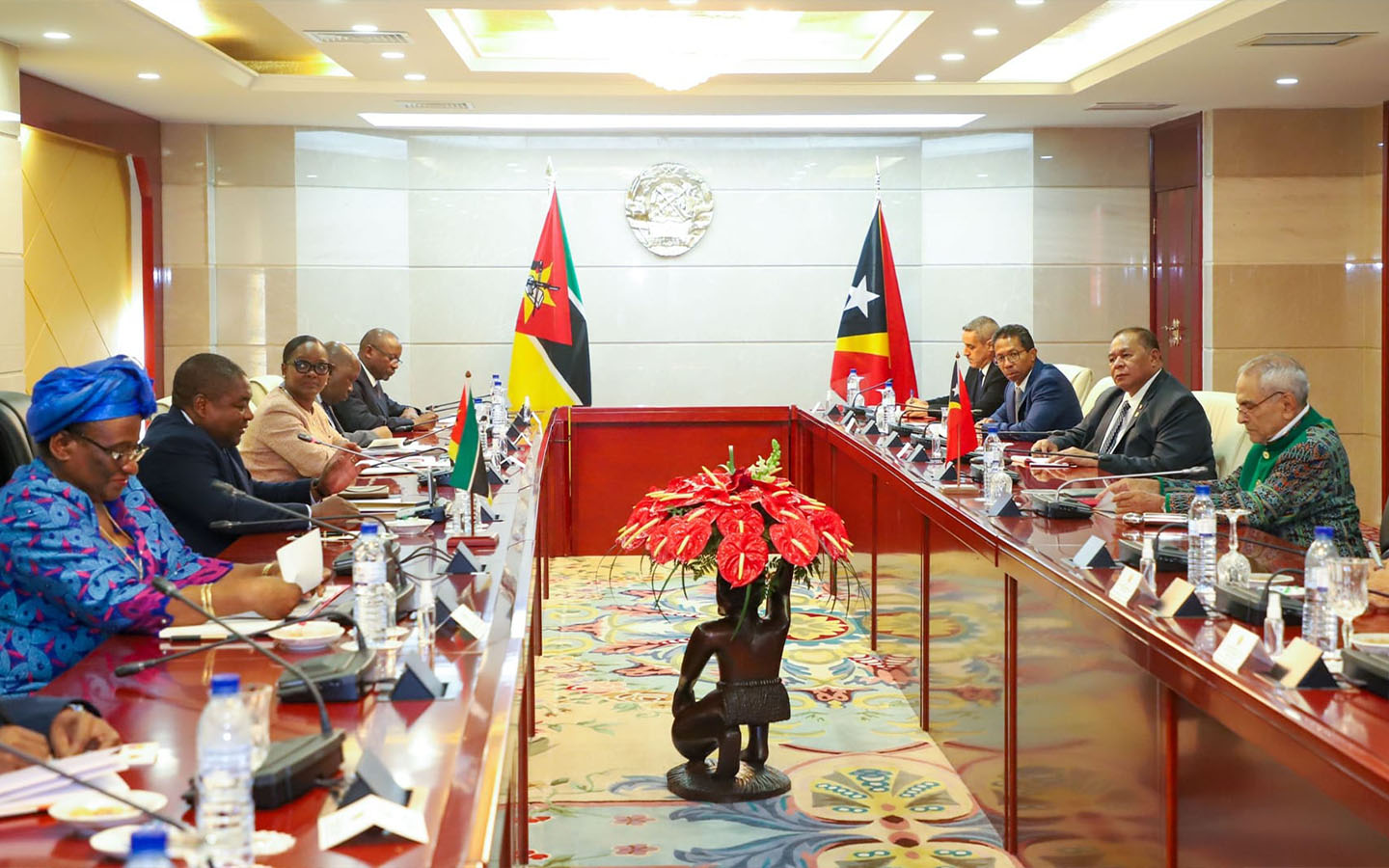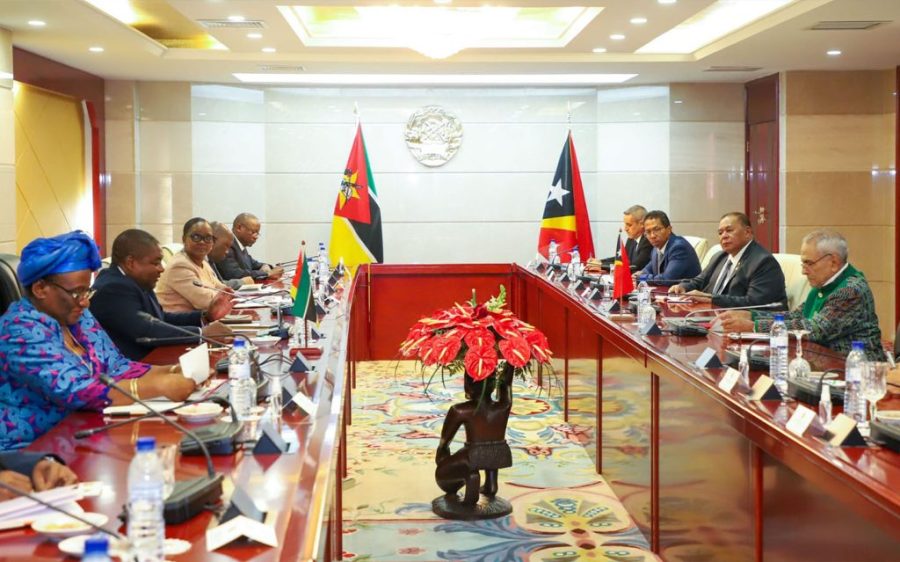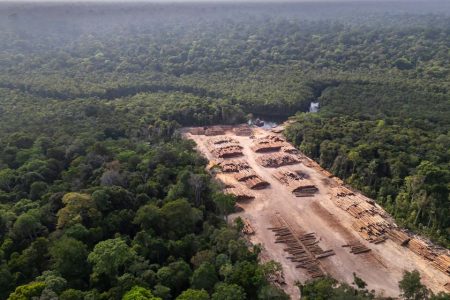Timor-Leste and Mozambique signed a series of cooperation agreements last Friday in Maputo as part of Timorese President José Ramos-Horta‘s working visit to the African country.
The agreements provide for cooperation in the areas of political consultation, higher education, hydrocarbons and mining. Mozambican President Filipe Nyusi also expressed his intention on Friday to draw on Timor-Leste’s experience in managing its sovereign wealth fund, which the island nation established with just over US$200 million in 2005. It now holds around US$20 billion and has allowed the country to invest in roads, electrification and a new port in the capital of Dili.
The Mozambican parliament approved the creation of the Mozambican Sovereign Wealth Fund (known by its Portuguese initials FSM) with revenues from natural gas exploration last December. It plans to make average annual transfers of 2.103 billion meticais (US$33 million) to the fund until 2027.
[See more: Samsung is preparing to start work on a second LNG platform for Mozambique]
Nyusi emphasised that the sustainable management of the FSN depends on learning from the experience of other countries. He noted preparation of contracts and addressing delays in resource exploration as two areas where Timor-Leste, with its nearly two decades of experience managing a fossil fuel-based sovereign wealth fund, could provide important insight.
With the third-largest natural gas reserves in Africa, estimated at 180 million cubic feet, Mozambique expects the sector to generate US$6 billion a year by the 2040s. There are currently three development projects approved to exploit natural gas off the coast of Cabo Delgado in the Rovuma Basin, classified among the largest deposits in the world.
Of the two larger projects, both of which involve channelling gas from the seabed to land where it can be cooled in a plant to export by sea in a liquid state, the one headed by French giant TotalEnergies (Area 1) has been suspended indefinitely following an Islamist attack in March 2021, while the one headed by ExxonMobil and ENI (Area 4) is still unannounced. A third, smaller project in Area 4 – a floating platform capturing and processing LNG at sea for export – began operations in November 2022 and is set to double capacity with a second platform.






